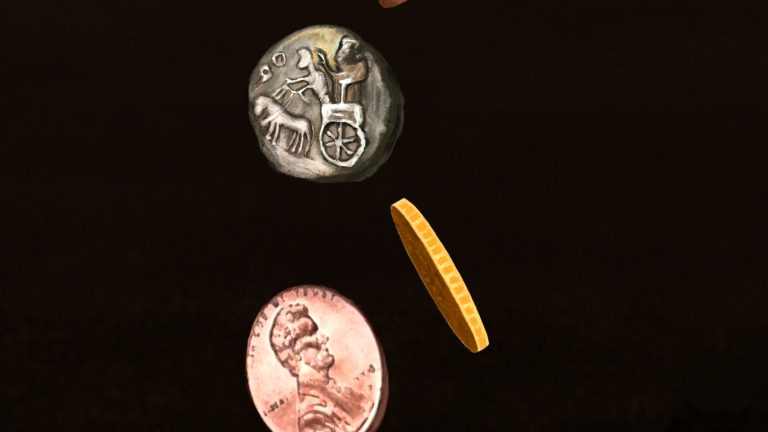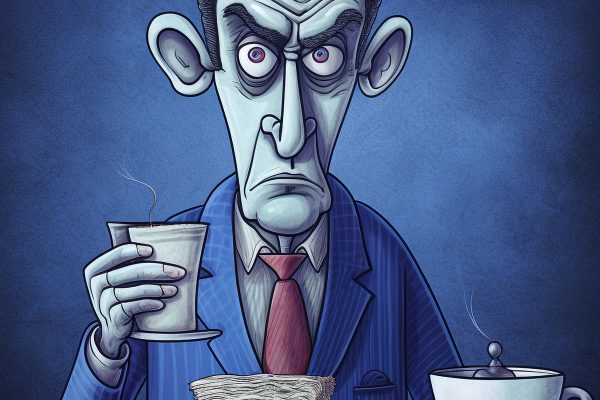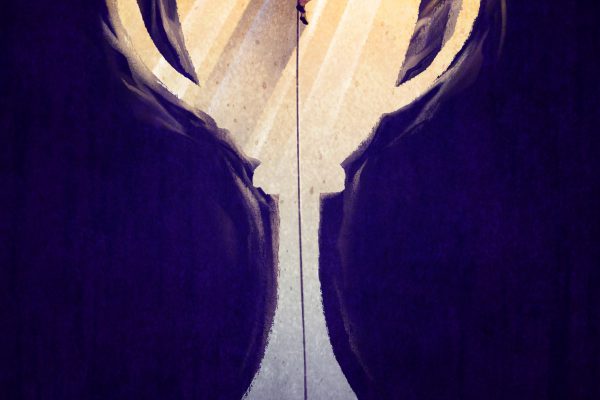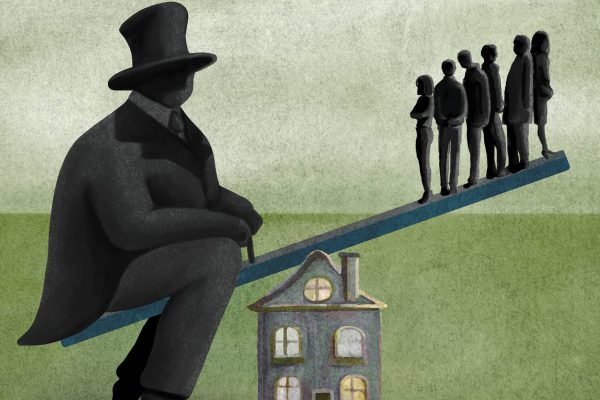Long ago, societies relied on the barter system, where people paid each other in goods and services. These days, you can’t pay for Amazon Prime with chickens or sacks of grain, or buy a new phone with a stack of animal skins. Instead, we use financial instruments like cash and credit and debit cards.
But what is money, really? Currency doesn’t have intrinsic value. It only has value because we agree to pretend like it means something.
Jacob Goldstein, the journalist who hosts NPR’s “Planet Money,” describes money as the result of a set of choices. Over time, societies have revised these choices, which has produced real and tangible effects in the economies we live in. At certain points in history, the conditions around a given currency become unstable and subject to change.
Politics, pandemics, financial crises, technologies—these are the kinds of events that can lead to new forms of money. You can observe it happening today with cryptocurrency, a market that will continue to fluctuate wildly as people decide whether or not they believe in it. Learn more about this fascinating history with our Instaread on Money.







